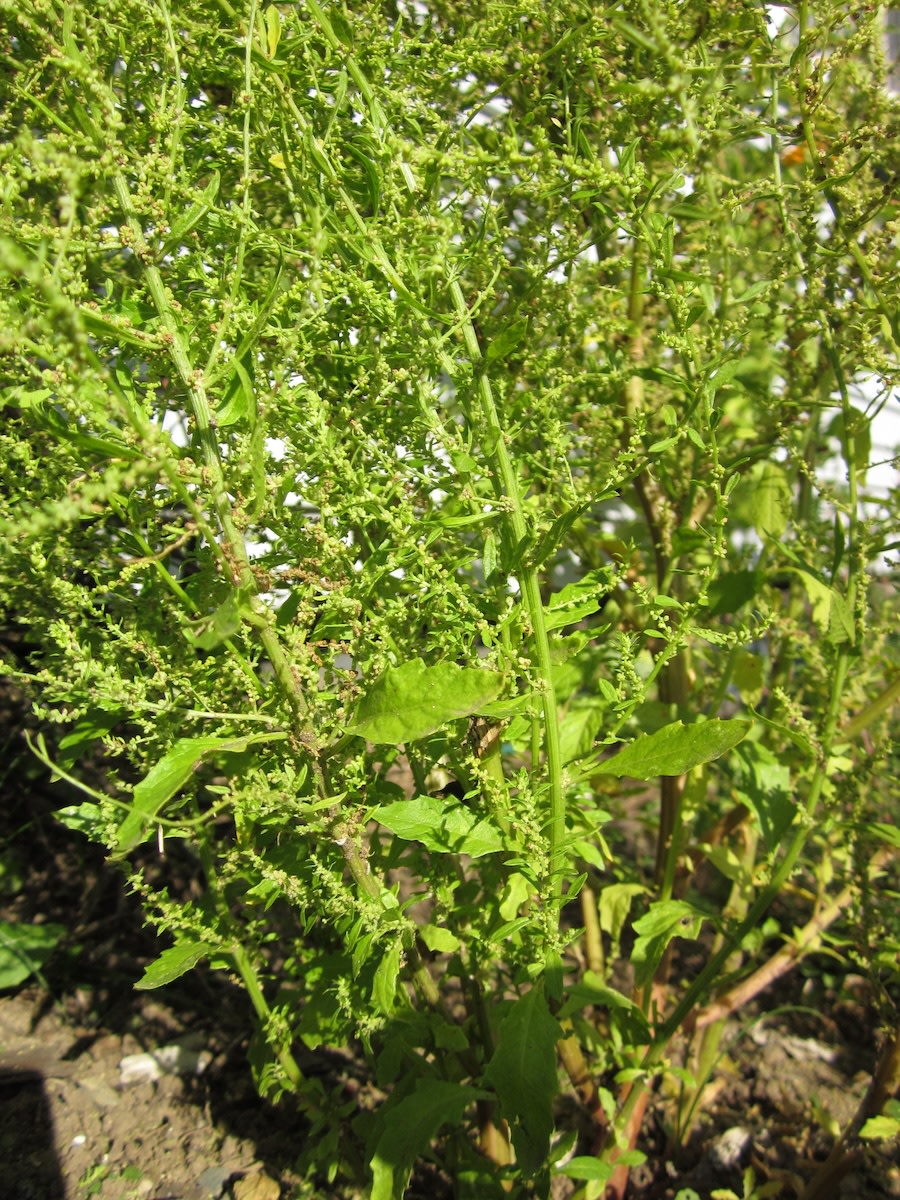(55 days) Open pollinated.
Tender perennial, grown as an annual. Native to Central America, epazote has fame as a culinary herb, most notably added to beans to deepen flavor and to mitigate flatulence. Flavor is safely described as pungent, and depending on your taste buds you might find it oregano-like, citrusy or tasting of creosote. The sharpness comes from a toxic component chemical that repels worms, hence its other common name Wormseed. Use prudently: a dish that calls for one sprig is not improved by two! Don’t feed it to children or pregnant women. Flavor does not stand up to long cooking times, so add it to the pot toward the end. To harvest, cut younger leaves from the center, as they are both milder and richer than older leaves. Fresh leaves are preferred to dried. Plants grow 2–4' tall. Can tolerate a bit of frost. 4630 seeds/g. Note: seeds will have calyxes.
Supplier Transparency:
① Small seed farmers including Fedco staff




